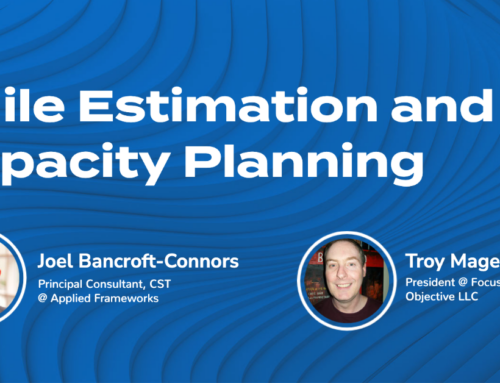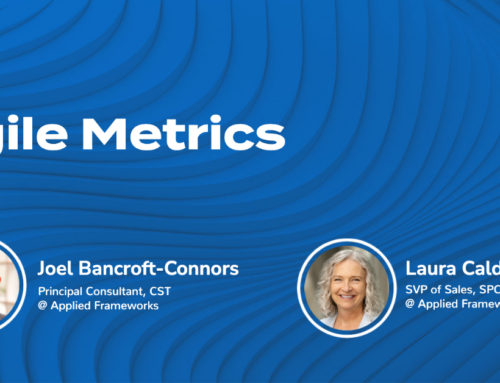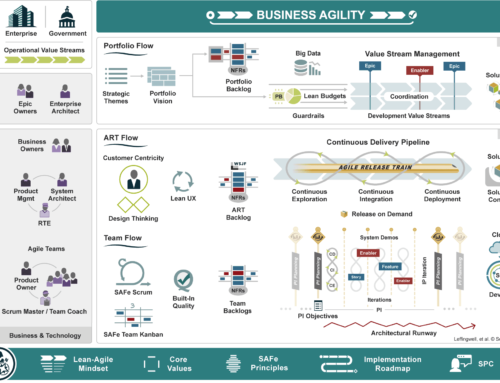Every year I try to attend training. Last October, I participated in Christopher Avery’s The Responsibility Process Intensive in Munich. I approached the workshop as an opportunity to improve my coaching. Surprisingly, the workshop profoundly improved my personal life as much as my professional life. Christopher shared that many people come to the workshop to help others with responsibility, and usually leave realizing they first need to improve their own understanding and practice of responsibility.
The first key to taking responsibility is awareness. When something goes wrong, I have become much more aware of how I react. Christopher explains that we naturally respond to something that upsets us by laying blame. “Who did that?” “It’s his fault.” And so on.
As you can see in the image of The Responsibility Process model, Lay Blame is the starting point. Christopher’s training provides tools to mentally navigate from the bottom to the top – to Responsibility. Now that I am much more aware of my response, I can let go of blame faster. Further, since my response is natural, I forgive myself for being there, even for a moment.
Why does this matter? I have two children, my son started college and my daughter started 10th grade this year. We have an active household, and occasionally things go wrong. When they do, blame comes very easily, but doesn’t help. “I can’t believe you didn’t mow the lawn!” I was angry. I asked my son to mow the lawn last night. But yelling doesn’t help, and could upset him, too. Instead, I let go of blame and consider what I could do differently to request and obtain his help. By letting go of blame, I completely avoid anger. I’m happier and he’s happier. With a clearer head, I can spend energy on a new approach.
I’ve seen the same scenario in my work. “Scrum won’t work because management won’t support dedicated teams.” Blaming management doesn’t improve the situation. And getting stuck in blame won’t lead to a solution to the team’s problem with focus and commitment. Letting go of blame provides the clarity to explore solutions.
To learn more about The Responsibility Process, I encourage you to take a look at Christopher Avery’s overview video on The Responsibility Process. .







